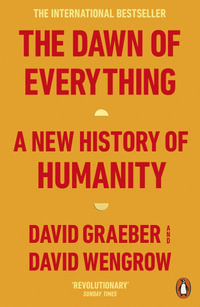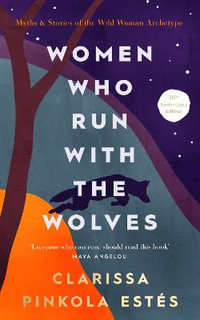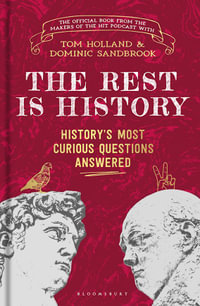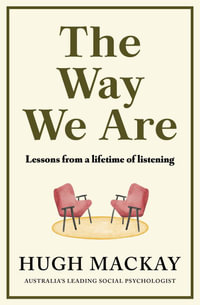The story of the pioneering anthropologists and their adventures among civilisations that were first thought of as being primitive and savage. What they discovered, however, would change the way we think about ourselves.
In the late nineteenth century when non-European societies were seen merely as 'living fossils' offering an insight into how civilisation had evolved, anthropology was a thriving area of study. But, by the middle of the twentieth century, it was difficult to think about ideas of 'savages' and otherness when 'civilised' man had wreaked such devastation across two world wars, and field work was to be displaced by sociology and the study of all human society.
By focusing on thirteen key European and American figures in this field, from Franz Boas on Baffin Island to Zora Neale Hurston in New Orleans and Claude Levi-Strauss in Brazil, Lucy Moore tells the story of the brief flowering of anthropology as a quasi-scientific area of study, and about the men and women whose observations of the 'other' were unwittingly to come to bear on attitudes about race, gender equality, sexual liberation, parenting and tolerance in ways they had never anticipated.
In an enthralling and perceptive narrative, Moore shows how, unintended though it was, these anthropologists were to become pioneers of a new way of thinking. Their legacy is less about understanding far away cultures and more about teaching people to look at one another 'with eyes washed free from prejudice.' Their intention may have been to explain the primitive world to the civilised one, but they ended up by changing the way we think about ourselves - at least for a time.
About the Author
Lucy Moore is an author and broadcaster whose work includes the bestselling Maharanis: The Lives & Times of Three Generations of Indian Princesses.
She has written for the Sunday Times, Observer, Vogue and Harpers Bazaar, and has presented series for the BBC and Sky.
Industry Reviews
In this skilful summary of the early years of anthropology between 1880 and 1939, Lucy Moore reveals a veritable tangle of turf wars, power scrambles and sexual bad behaviour... Moore's fluent account confirms that there is always room for a new view, especially when it is as well done as this one. - * Sunday Times *
Moore doesn't sugar-coat her protagonists' many prejudices, their cavalier treatment of their indigenous subjects, or the problematic history of their discipline. But though she summarises their scholarly views, the main pleasure of her book lies in its celebration of a dozen colourful, unconventional, free-thinking lives. - * Guardian *
The story of anthropology's early pioneers lies at the heart of this joyfully narrated history of a scientific field that, at its best, opens our minds to the rich kaleidoscope of human experience... [A] gripping collection of life stories. - * Literary Review *
Entertaining... Told with a novelistic eye for the character-revealing anecdote. * Spectator *
























